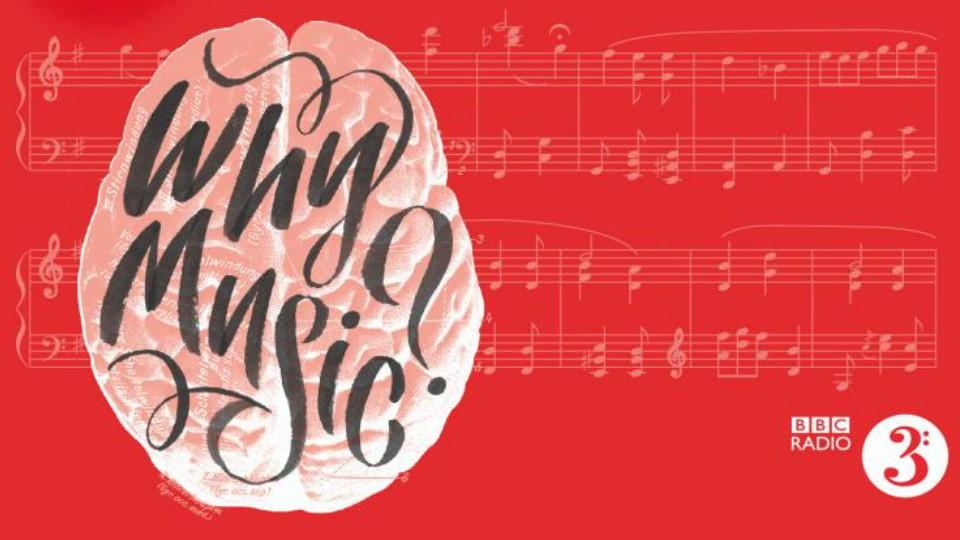What is the key to musical memory?
Primary page content
Tests developed by Goldsmiths, University of London psychologists will help shape a special series of events exploring music’s unique capacity to be remembered.

BBC Radio 3 - Why Music?
BBC Radio 3 and Wellcome Collection’s ‘Why Music? The Key to Memory’ series takes place from Friday 13 to Sunday 15 October and will feature live performances, one-off broadcasts and wide-ranging discussions.
Ahead of the events, BBC Radio 3’s Music Matters is asking listeners to complete three short assessments developed by Goldsmiths Reader in Psychology, Dr Daniel Müllensiefen and others in the Music, Mind and Brain research group. These are a melodic memory test, musical training questionnaire and a rhythm memory test.
The latter is based on a previous musical sequence transcription test initially developed by music teacher and researcher Paulo Estevao Andrade, who is currently studying the MSc Music, Mind and Brain course at Goldsmiths.
The findings and implications from the tests will then be discussed on a special edition of Music Matters with Tom Service on Saturday 14 October at 12.15pm.
Dr Müllensiefen said: “We are very pleased to be working with the BBC on this project and it will be very exciting to see the findings. We expect to find substantial differences in the ability to remember music, and that some people are better at remembering rhythm than melodies and vice versa.
“The results will tell us to what degree memory for melodies and rhythms are related and whether there are ‘rhythmic’ and ‘melodic’ listeners. We might also gain insight into the degree to which musical training benefits melodic and rhythmic abilities. This could provide some evidence for or against the common conception that some people happen to be musically gifted or just ‘have rhythm’.”
The tests can serve as diagnostic tools and participants can train the skill where the feel they didn’t perform well.
Furthermore, rhythmic memory has been linked to auditory working memory and literacy skills. Especially in children, simple rhythmic tests like those used in this study can be early indicators of being at risk for developing learning disabilities like dyslexia.